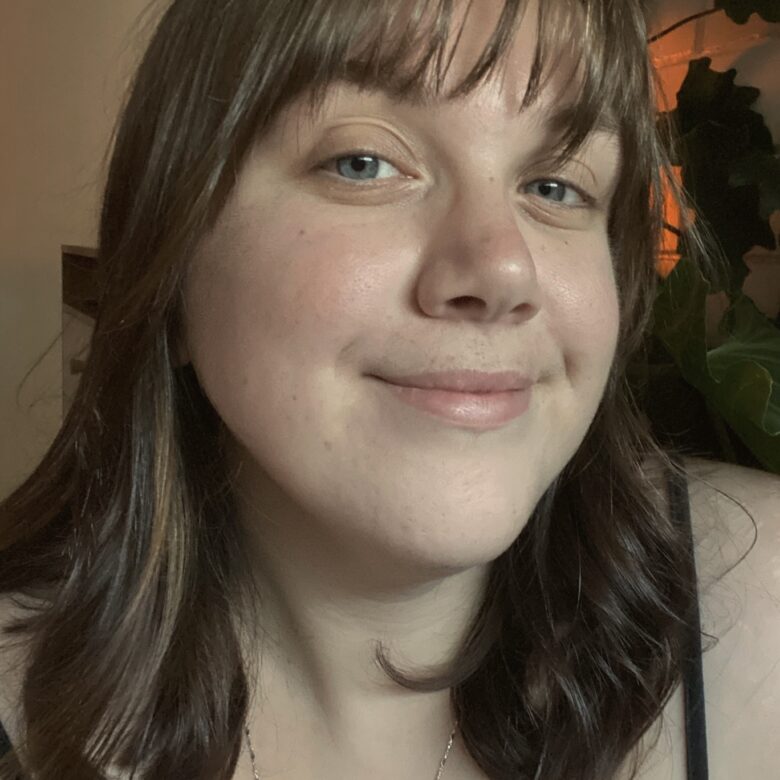Mali Hermans
Listen to the audio version of this piece
Grief has always structured my experience of disability, blurring the boundaries between this world and the next. Not only do I grieve the loss of my disabled loved ones and kin, but I mourn my own loss of movement and access to the people and places I find life-giving. As my disabled body struggles more frequently, and as fatigue and pain increasingly dictate my every day, I find myself confined to bed. Working, imagining, dreaming, crying, grieving. My bed has had to make room for this all.
Despite what this world demands of disabled and chronically ill people, and what able-bodied people might expect to consume from By My Bed, I guard this space and the objects beside it – the objects that make up my shrinking world – with love and protection, resisting the vulnerability I am so often coerced into. Whenever I seek care, whether through doctors, hospitals, workplaces, universities, the NDIS, or even my friends, I find myself forced into exposing the most intimate parts of my body and mind, undermining my own humanity to prove I’m disabled enough to gain the support I need to survive.
As I learn to resist this world’s coercion and practice autonomy, I refuse to make vulnerable my place of rest and create work that places my body and the aids I use to care for it on display, existing only for an abled audience hungry for aesthetics of sickness they can reassuringly situate themselves in contrast to. After all, the pink bed cart I so often pull towards me, carrying heat packs, medications, salves and braces, makes up only one small part of my world.
The objects I find guiding me through heightened grief, fatigue, and pain on the days I spend in bed are rarely those found in my bed cart. Instead, they are letters of love and solidarity from my Blak and queer disabled kin, devices that grant me access to online spaces and communities, and books, like Feminism. Abolition. Now as pictured, helping me envision worlds beyond the violence we endure.
Like the worlds these books and letters evoke, place too sustains me through sickness and isolation. As I continue to come to terms with living a smaller life, I recognise that much of my grief is bound up in place; in having limited mobility to visit Country, or ground myself through bush walks, swimming and birdwatching in the places I yearn for. Yet still, as I mourn reduced movement and mobility, I continue to find ways to be surrounded by place.
I rely on a small blue speaker sitting on my bedside, almost constantly turned on, filling my room with stories and music. Often, I find myself listening to Wiradjuri poet Jazz Money’s Dreamy sleep story Bilabang, and from my room, am transported to the banks of the Marrambidya Bila (Murrumbidgee River). Carried by bila, the same water flowing through this image, I find different ways to move, to rest, to travel and to be – even from bed.


